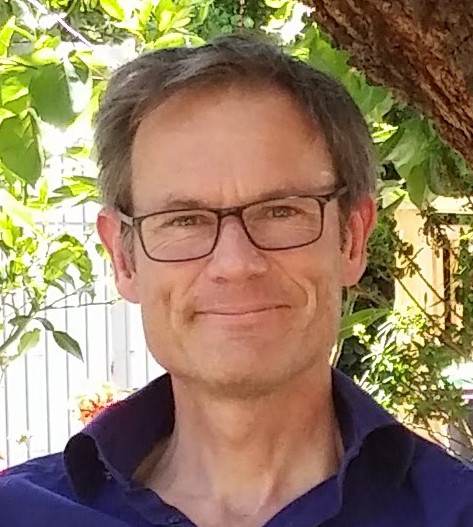Matthew Croucher
Matthew is at the forefront of the New Zealand dementia community.

He is a Psychiatrist of Old Age and his main academic interests are workforce training, outcomes measurement, and better use of antipsychotic medicines.
Matthew chairs the NZ Dementia Foundation, has been a key driver for a National Dementia Plan, advocates strongly for post-diagnostic support, and generally seizes every opportunity to speak out about dementia and better medical and caring support for those affected by it.
Matthew will be discussing things we have learned – and have yet to learn – from the impact of the Covid-19 pandemic and other large-scale crises on people living with dementia and those who care about them.
Matthew is one of the keynote speakers at our upcoming Conference, Living with dementia: Taking action for a better future, Te noho rangatira me te mate wareware: Te kōkiri kaupapa mō ngā rā e tū mai nei.
We caught up with Matthew to find out more.
Can you give us a sneak preview of what you will be discussing at the Conference?
Pestilence, floods, fire, violence, and quakes. There have been a few disasters in New Zealand over the last ten years, not to mention the grinding effects of poverty on some of us. Some of these situations have helped us learn about the effects community disasters can have on people living with dementia and on the folks and services that support them.
I will be reflecting on what I have learned so far from all this, beginning with my experiences helping lead the service response for people with dementia during the Canterbury Earthquakes.
What motivated you want to research the ways we can better support people’s wellbeing?
No matter how well we are doing, we can always do better.
What would you like the future of dementia support to look like?
I would like the support that people with dementia and their whānau receive to be more hopeful, more comprehensive, more tailored to what people need, and available everywhere in the country.

